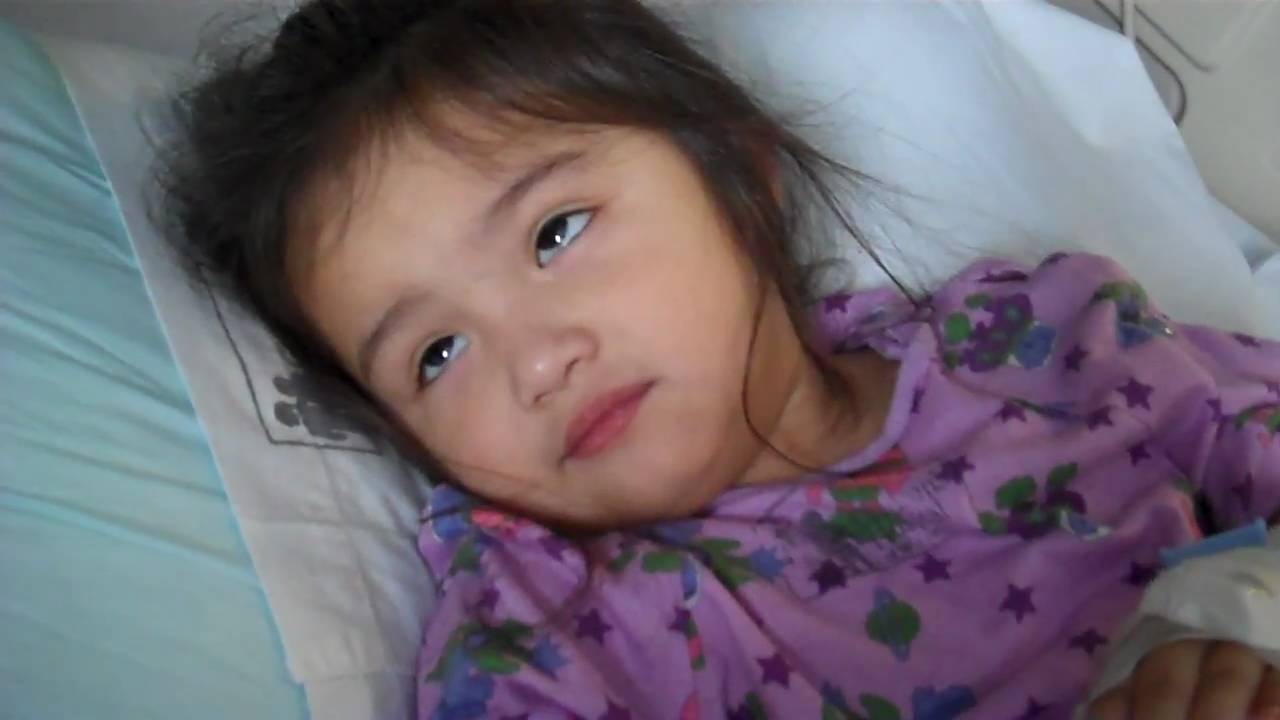
Myoclonus ataxia might sound like a complex medical term, but understanding it can be simpler than you think. This condition involves sudden, involuntary muscle jerks (myoclonus) combined with a lack of muscle coordination (ataxia). Imagine trying to walk straight while your muscles twitch uncontrollably. It can affect anyone, from kids to adults, and often results from genetic disorders, infections, or even certain medications. Symptoms can range from mild to severe, impacting daily activities like walking, talking, or even eating. Treatments vary, including medications, physical therapy, and sometimes lifestyle changes. Curious about more details? Keep reading to uncover 25 intriguing facts about myoclonus ataxia!
Key Takeaways:
- Myoclonus Ataxia is a rare neurological disorder causing sudden muscle jerks and coordination problems. It's often genetic and can be diagnosed through neurological exams and genetic testing.
- While there's no cure for Myoclonus Ataxia, treatments like medications, therapy, and lifestyle changes can help manage symptoms and improve quality of life.
What is Myoclonus Ataxia?
Myoclonus Ataxia is a rare neurological disorder characterized by sudden, involuntary muscle jerks (myoclonus) and problems with coordination and balance (ataxia). Understanding this condition can help those affected and their families manage symptoms better.
- Myoclonus Ataxia combines two distinct symptoms: myoclonus (quick, involuntary muscle jerks) and ataxia (lack of muscle coordination).
- Myoclonus can affect any muscle group, leading to sudden, brief jerks that can be unpredictable.
- Ataxia impacts balance and coordination, making everyday tasks like walking or writing challenging.
- Genetic mutations often cause Myoclonus Ataxia, with several genes linked to the disorder.
- Inherited forms of Myoclonus Ataxia can follow different patterns, including autosomal dominant and autosomal recessive inheritance.
Symptoms of Myoclonus Ataxia
Recognizing the symptoms of Myoclonus Ataxia is crucial for early diagnosis and management. Symptoms can vary widely among individuals.
- Muscle jerks are the hallmark of myoclonus, often described as sudden, shock-like contractions.
- Coordination issues manifest as clumsiness, difficulty walking, or trouble with fine motor skills.
- Speech difficulties can occur, making it hard to articulate words clearly.
- Vision problems might include double vision or difficulty focusing.
- Fatigue is common, as the body works harder to compensate for coordination issues.
Causes and Risk Factors
Understanding the causes and risk factors can help in managing Myoclonus Ataxia and potentially preventing its onset in some cases.
- Genetic mutations are the primary cause, with several specific genes identified.
- Family history increases the risk, especially if close relatives have the disorder.
- Infections like encephalitis or meningitis can trigger symptoms.
- Autoimmune diseases such as lupus can also be a contributing factor.
- Toxins like heavy metals or certain drugs can lead to symptoms.
Diagnosis of Myoclonus Ataxia
Accurate diagnosis is essential for effective treatment. Various tests and evaluations help in diagnosing Myoclonus Ataxia.
- Neurological exams assess muscle strength, coordination, and reflexes.
- Genetic testing can identify specific mutations linked to the disorder.
- MRI scans provide detailed images of the brain to detect abnormalities.
- EEG tests measure electrical activity in the brain, helping to identify myoclonus.
- Blood tests can rule out other conditions that might mimic Myoclonus Ataxia.
Treatment Options
While there is no cure for Myoclonus Ataxia, several treatments can help manage symptoms and improve quality of life.
- Medications like anticonvulsants can reduce the frequency and severity of muscle jerks.
- Physical therapy helps improve balance and coordination.
- Occupational therapy assists with daily tasks and enhances fine motor skills.
- Speech therapy can address communication difficulties.
- Lifestyle changes such as a balanced diet and regular exercise can support overall health and well-being.
Final Thoughts on Myoclonus Ataxia
Myoclonus Ataxia, a rare neurological disorder, affects muscle control and coordination. Understanding its symptoms, causes, and treatments can help those affected manage their condition better. Early diagnosis and intervention are crucial for improving quality of life. While there's no cure, therapies like medication, physical therapy, and lifestyle changes can make a significant difference.
Raising awareness about Myoclonus Ataxia is essential for better support and research funding. Sharing knowledge empowers patients and caregivers, fostering a supportive community. If you or someone you know shows symptoms, consult a healthcare professional promptly.
Staying informed and proactive can lead to better outcomes. Remember, you're not alone in this journey. Reach out, connect with others, and stay hopeful. Together, we can make strides in understanding and managing Myoclonus Ataxia.
Frequently Asked Questions
Was this page helpful?
Our commitment to delivering trustworthy and engaging content is at the heart of what we do. Each fact on our site is contributed by real users like you, bringing a wealth of diverse insights and information. To ensure the highest standards of accuracy and reliability, our dedicated editors meticulously review each submission. This process guarantees that the facts we share are not only fascinating but also credible. Trust in our commitment to quality and authenticity as you explore and learn with us.
